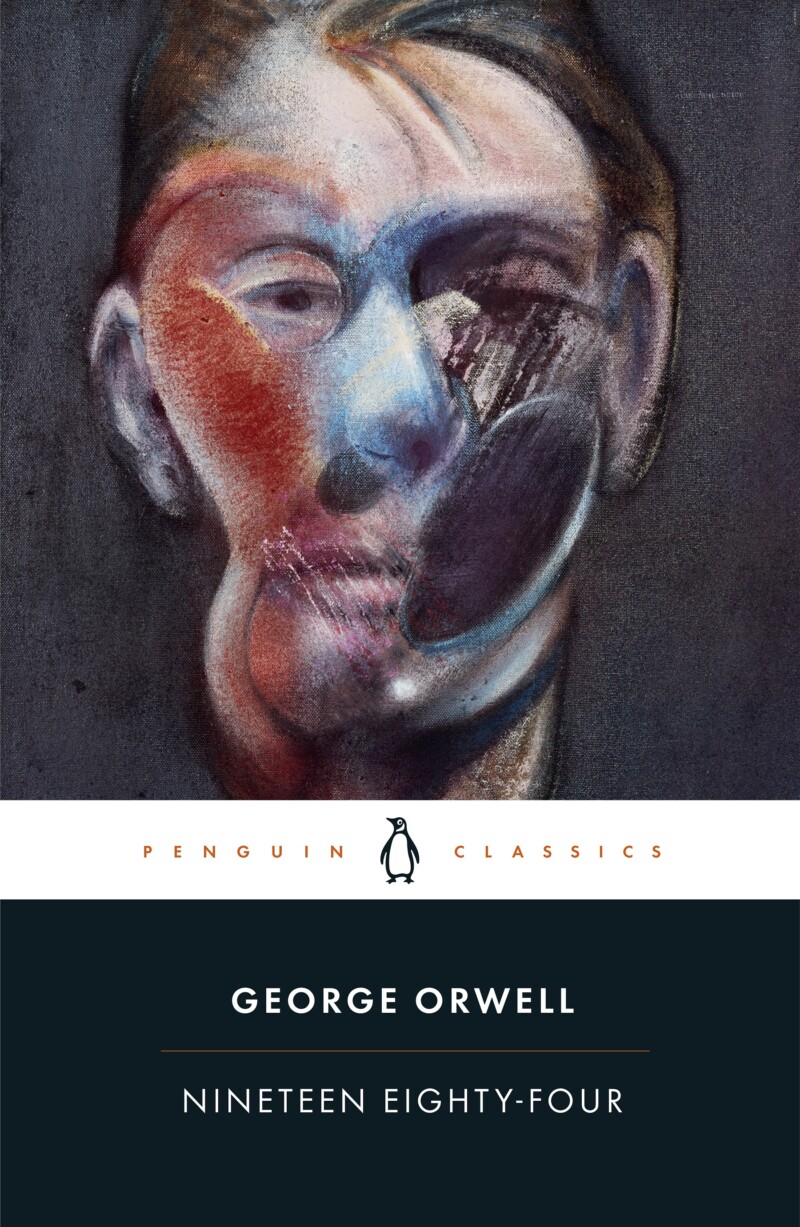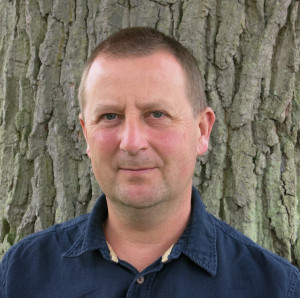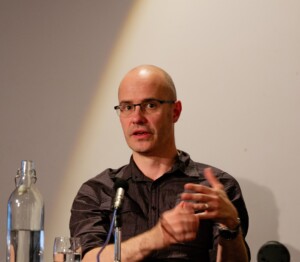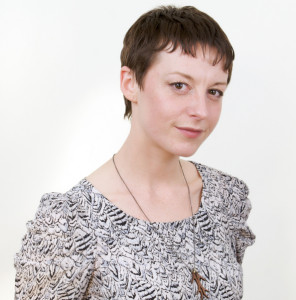Orwell’s Timeless Narrative Deborah Do Vale Cardoso Lima Ribas

Share this
Last year, in mid-October, the Bristol Festival of Ideas celebrated the 70th anniversary of George Orwell’s Nineteen Eighty-Four.
Dorian Lynskey (author), Jean Seaton (director of the Orwell Foundation) and Ece Temelkuran (author and commentator) debated the meaning and importance of the novel and the most predominant Orwellian topics, totalitarianism, fake news, freedom suppression, tyranny, social media, the infamous term Big Brother. (Listen here]
Ece Temelkuran examined the creation of fairy tales in politics as a result of government indoctrination and the infliction of doublethinking. The distortion and manipulation of the truth that allows world leaders to play with facts as if they were Lego pieces that can be assembled and disassembled according to their liking. Temelkuran used Beirut in Lebanon as an example, where according to their ethnic group, people read different History books, in which they are innocent, and others with a different cultural background evil. She then used the term Lebonised, to illustrate the approach of some European countries and the USA in the face of current political issues in the world, for instance the refugee’s crisis. Moreover, how freedom can sometimes be a disguise for dictatorship in the online world – the use of social media for the dissemination of fake news, for example.
Reflecting on that, I started questioning the political reality of Angola, my motherland and the History that I learnt. How were my beliefs manipulated? And what is my role mainly as a writer and a storyteller? I was pushed to take a stand and commit myself to bring to the surface deeply buried issues, resulted from years of colonisation and half-truths, that are historically embedded in us, as a people.
Realising that a work of fiction could evoke so much of reality, opened my eyes to the power of words. Also, to the exciting possibility of using what I write, how it can be perceived and the scary idea of how easy it is to lose the words once they are written or spoken. As I started experimenting with my writing, exploring personal issues in a broader way, starting by how my identity was shaped because of my premature encounter with racism, surprisingly, I did not feel as exposed as anticipated. I am proud to be capable of writing in a form that people could one day relate with and be inspired by – hoping that one day my experiences could be used to voice their own.
Having now discovered this new spectrum of my Art, I understand that I lack some skills to write impactfully. Thus, I am determined to work on my technique to build a stronger foundation and also, to seek other writers like Orwell and Ece Temelkuran. As Orwell stated in his essay Why I Write ‘Make political writing into art (. . .) [the] [d]esire to push the world in a certain direction, to alter other people’s idea of the kind of society they should strive after, ( . . .] with full consciousness, to fuse political purpose and artistic purpose into one whole.’


